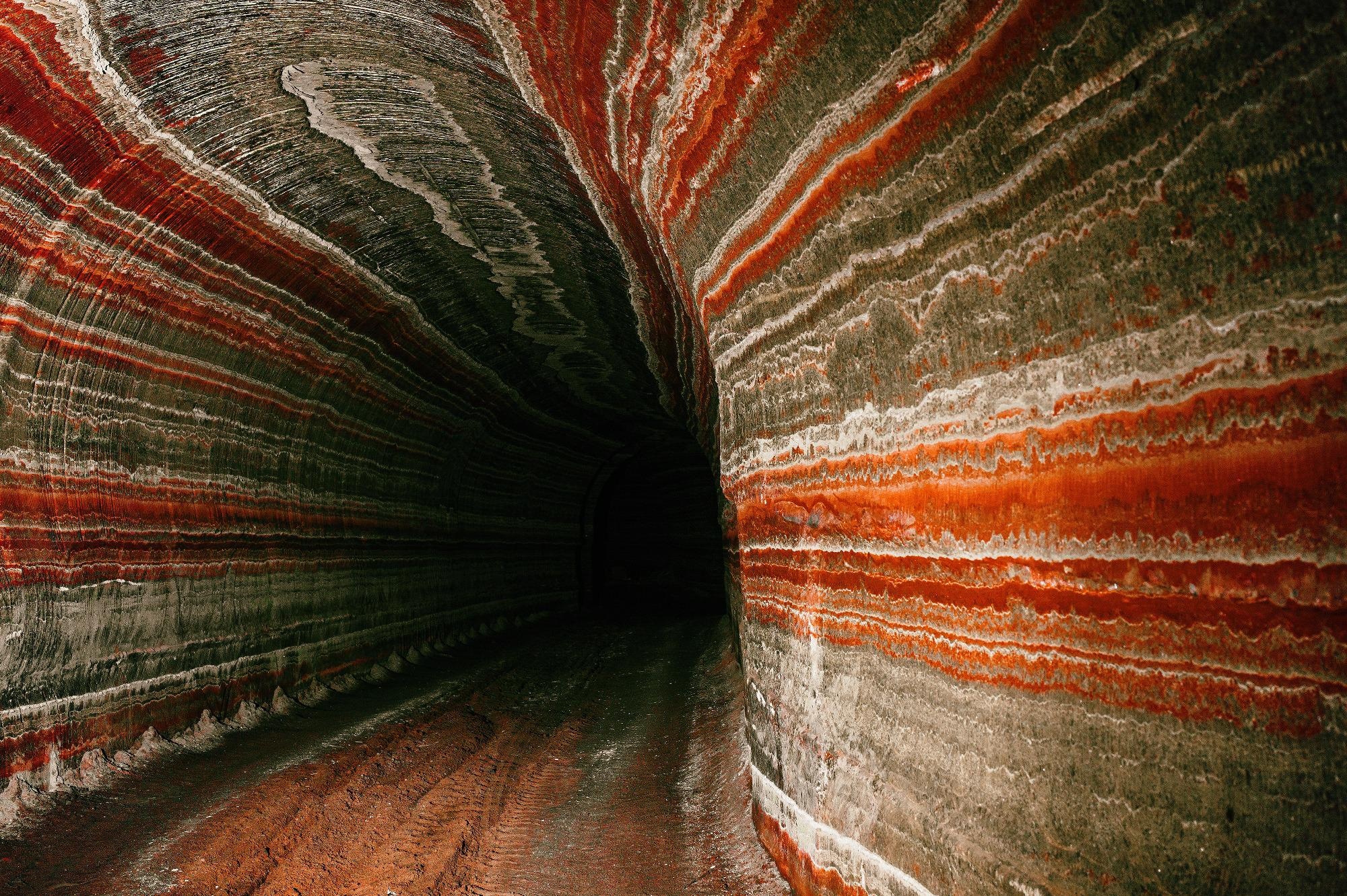Verde AgriTech has begun working with the aim to double the capacity of its second production facility, presently under construction (“Plant 2”).

Image Credit: Shutterstock.com/ Sergey Mikhalenko
Verde also has plans to upgrade local infrastructure to bear Plant 2’s increased output and facilitate a future Plant 3 (the “Expansion Plan”). Plant 2 is on target to commence production in Q3 2022, and the increased production capacity is anticipated to be in process by early Q4 2022. Verde anticipates starting construction on Plant 3 in 2023 subject to permits.
Despite the latest geopolitical events involving Russia and Ukraine, prominently the collateral effect of economic sanctions on Russia and its ally Belarus on the potash supply to Brazil, Verde’s Board of Directors (the “Board”) has approved a faster investment program to support the Expansion Plan.
As reported in the September 27, 2021 press release, Plant 2 is on target to realize commercial production of Verde’s multinutrient potassium products, K Forte® and BAKS® sold worldwide as Super Greensand® (the “Product”), by Q3 2022 with a preliminary operational capacity of 1,200,000 ton per year (“tpy”). Verde will concurrently work on the Expansion Plan with two key objectives:
- Expand the operational capacity of Plant 2 from 1,200,000 to 2,400,000 tpy by Q4 2022.
- Improve local infrastructure to support Plant 2’s logistics with extra capacity to facilitate a future Plant 3.
By Q4 2022, with Plant 2’s expansion, Verde anticipates raising its total production capacity to 3,000,000 tpy, becoming the largest producer of potash in Brazil.
On February 10, 2022, the Company reported that it had received an additional 2,500,000 tpy Mining Concession, bringing the overall capacity to 2,833,000 tpy.
Over the past months, we have followed the escalation of tensions in Ukraine and become concerned about the suffering of the innocents caught in this geopolitical tussle. Given the latest sanctions applied to Belarus and Russia, we are acutely aware of the collateral impact on Brazil’s agriculture in the case of a potash supply disruption.
Cristiano Veloso, Founder, President, and CEO, Verde AgriTech
“We are equally worried about a global food shortage, which might be unavoidable if there is a break down in fertilizer supply,” Cristiano Veloso added.
Capital Expenditure
The Board has agreed to an investment of R$ 51 million Brazilian Reais (“R$”) to support the Expansion Plan, which comes above the R$22 million approved beforehand for the development of Plant 2.
The Company plans to fund the Expansion Plan through an arrangement of future cashflow and debt finance supported by future sales contracts.
Impacts to the Potash Market
Brazil is the world's second-largest consumer of potash and first in its importation. The country depends on imports for over 96% of its potash requirements. Verde's potash production in Brazil is strategic to the expansion of a domestic supply that will progressively help decrease the country’s reliance on imported fertilizers, and match Brazil’s demand for consumption, food production and exports.
This strategy becomes principally significant in light of the latest geopolitical events concerning, directly and indirectly, two of the world’s largest potash manufacturers, Russia and Belarus.
In 2021, the consumption of potash (in K2O) in Brazil was 7.92 million1, which is comparable to 79.2 million tons of Verde’s product. This market was at 3.99 million tons (in K2O) in 2010 and 2.71 million tons (in K2O) in 20002, demonstrating Brazil’s increasing agricultural production.
References
1 Source: Union of the Agricultural Fertilizers and Correctives Industry, in the State of São Paulo ("SIACESP", from Sindicato da Indústria de Fertilizantes e Corretivos Agropecuários, no Estado de São Paulo).
2 Source: Brazilian potash consumption, Statistical Yearbook of the National Association for the Dissemination of Fertilizers ("ANDA", from Associação Nacional para Difusão de Adubos).